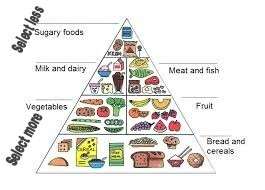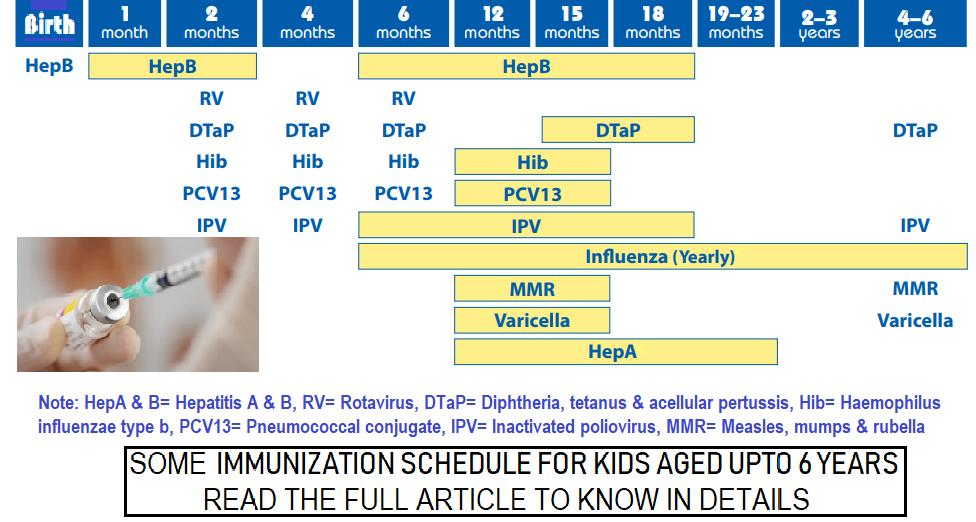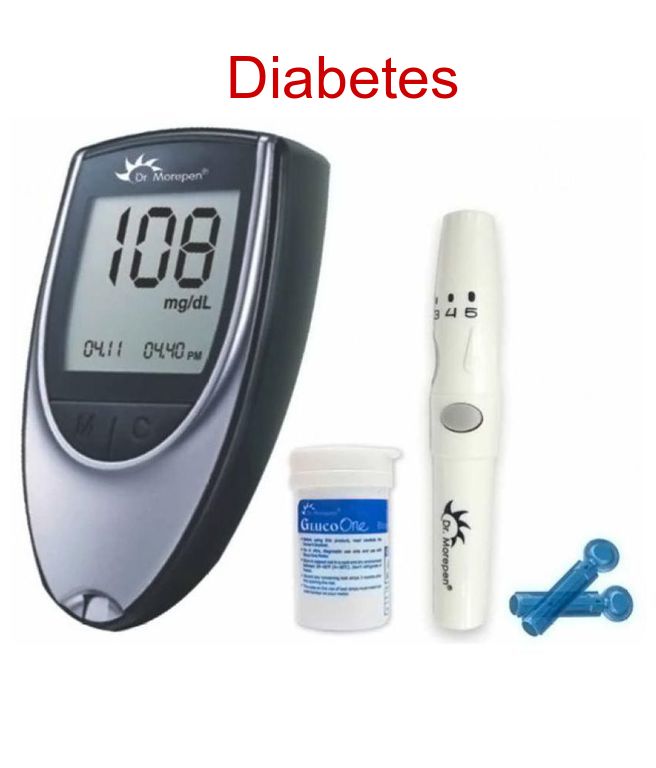Balanced Diet- diet chart
A balanced diet & diet chart that provides the body with all the essential nutrients, vitamins and minerals required to maintain cells, tissues and organs as well as to function correctly. Improper diet that is lacking in proper nutrients can cause many different health problems like tiredness and lack of energy, disease, infection, serious problems with the body function of vital organs and lack of growth and development.
To know about Vitamins, Minerals & Food Value- CLICK HERE
What is a balanced diet chart?
The food pyramid a balanced diet chart that shows the following steps:
- The base step includes such rice, quinoa, barley, grains and millet.
- The second step includes fruits and veggies that are rich in vitamins and minerals.
- The third step includes protein sources like milk, fishes and eggs.
- The last step includes fats and oils along with sugar and salt.
Major component of Balanced diet:
Carbohydrates, Sugars and starchy foods: Carbohydrates are either simple or complex, and are major sources of energy in all human diets. There are two types of sugar, refined and unrefined. Refined sugars are added to food, for example in sweets, desserts and drinks & unrefined are the naturally occurring sugars found in fruit and honey etc. Much refined sugar is harmful to the body. Unrefined sugar in moderation can be beneficial for the body and provides a quick, effective burst of energy. Starchy foods such as grains, pulses, oats and bread provide slow-releasing energy, as well as being good sources of fibre, calcium, iron and vitamin B.
Protein: Protein is important for growth and development during the early stages of childhood, adolescence and pregnancy. Protein is also required to help your body repair cells and make new ones. Our daily diet should consist of protein found in whole grams, dals, milk, chickpeas, beans, peas, lentils, peanuts, eggs, fish, and meat.
Vitamins and Minerals: Fruits and vegetables are the primary sources of vitamins and minerals including potassium, dietary fiber, folic acid, vitamin A, and vitamin C & other. These micronutrients support metabolism, nerve and muscle function, bone maintenance and cell production & body immunity.
Fats: There are two types of fat that can be found in food, saturated and unsaturated. Unsaturated fat is thought to be good fat, which can help lower cholesterol and provide essential fatty acid. Found in oily fish, such as mackerel, tuna and salmon, avocado, nuts and olive oil, unsaturated fat can also help body to absorb vital vitamins. Saturated fat is bad fat and can be found in cakes, crisps, biscuits and pastry etc. Eating an excess of saturated fat can cause multiple health problems, it can raise cholesterol in the blood which in turn, increases the risk of developing high blood pressure, heart disease.
Know about Calories:
The number of calories in a food is a measurement of the amount of energy stored in that food. Your body uses calories from food for walking, thinking, breathing, and other important functions.
On average a person needs to eat about 2,000 calories/day to maintain their normal weight. However, a person’s specific daily calorie intake can vary depending on their age, gender, and physical & mental activity. Men generally need more calories than women. Nutritional needs vary depending on sex, size, age and activity levels so use this chart for a general guide only.






1 Comment
Andrew D. · September 27, 2019 at 12:45 AM
Thanks for the information!